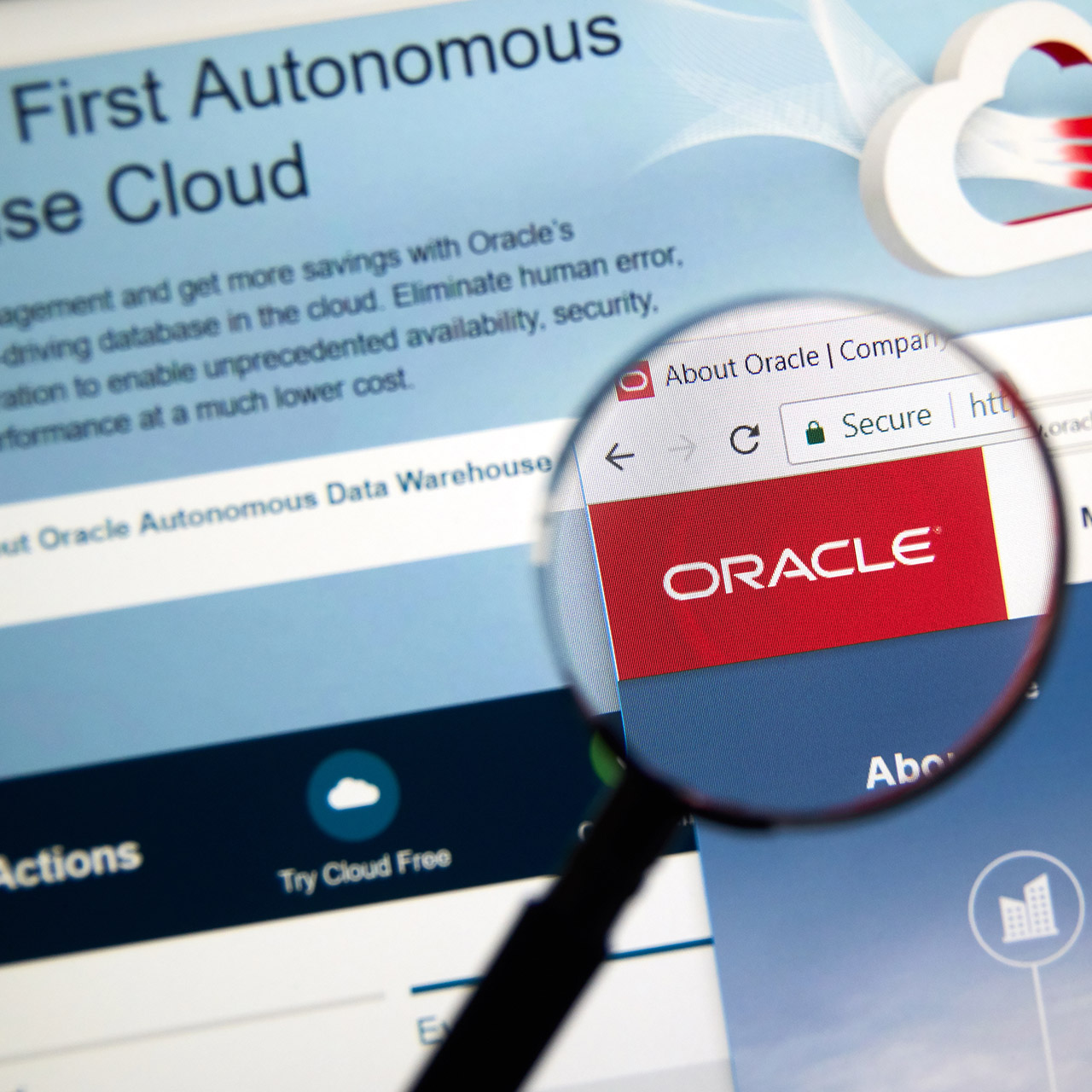This website uses cookies so that we can provide you with the best user experience possible. Cookie information is stored in your browser and performs functions such as recognising you when you return to our website and helping our team to understand which sections of the website you find most interesting and useful.
Distinguishing Oracle’s Cloud Offerings: Oracle ERP Cloud vs. Oracle EPM Cloud

Oracle ERP Cloud and Oracle EPM Cloud sound similar, but they are two distinct cloud solutions from Oracle. In addition, each serves different purposes within the realm of enterprise resource management. Here are the key differences between Oracle ERP Cloud and Oracle EPM Cloud.
Purpose
- Oracle ERP Cloud: Oracle ERP Cloud, or Enterprise Resource Planning Cloud, focuses on managing and optimizing core business processes across various functions. It includes modules for financial management, procurement, project management, human capital management, and supply chain management. Its primary goal is to streamline day-to-day operations and resource management, integrate various business functions, and improve overall business efficiency.
- Oracle EPM Cloud: Oracle EPM Cloud, or Enterprise Performance Management Cloud, is dedicated to strategic financial planning, budgeting, forecasting, and performance management. It provides tools and features specifically designed to enhance an organization’s financial and operational performance, supporting decision-making, and long-term planning through advanced analytics and planning tools.
Functional Modules
- Oracle ERP Cloud: ERP Cloud encompasses a broader range of functional modules, addressing various aspects of business operations. Modules may include Financials (GL, AP, AR, Assets, etc.), Procurement, Project Portfolio Management, Human Capital Management, and more.
- Oracle EPM Cloud: EPM Cloud, in contrast, focuses on performance-related activities. Its modules typically include Financial Planning and Analysis, Budgeting, Profitability and Cost Management, Consolidation and Close, Account Reconciliation, Narrative Reporting, and Strategic Modeling.
Reporting and Analysis
- Oracle ERP Cloud: Oracle ERP Cloud provides financial reporting tools, analytics, and dashboards to monitor and analyze business performance from operational data, financial data, and other core business activities.
- Oracle EPM Cloud: EPM Cloud excels in in-depth data analysis and performance management. It provides robust tools for scenario modeling, strategic planning, comprehensive financial analysis, and financial consolation reporting.
User Focus
- Oracle ERP Cloud: Users of Oracle ERP Cloud are typically departments such as accounting, payables, procurement, human resources, and supply chain management. In other words, teams dealing with the daily operational aspects of the business.
- Oracle EPM Cloud: Oracle EPM Cloud is used by finance and strategic planning teams. It is tailored for financial analysts, planners, and decision-makers who focus on long-term organizational goals.
Conclusion
While Oracle ERP Cloud is designed for comprehensive management of various business functions and daily operations, Oracle EPM Cloud is specialized for strategic financial planning, budgeting, and performance management. Both solutions contribute to the overall efficiency and effectiveness of an organization, but each caters to different aspects of enterprise resource management.
Please contact one of our Sikich Oracle experts at any time to learn more about the benefits of Oracle ERP Cloud and Oracle EPM Cloud.
This publication contains general information only and Sikich is not, by means of this publication, rendering accounting, business, financial, investment, legal, tax, or any other professional advice or services. This publication is not a substitute for such professional advice or services, nor should you use it as a basis for any decision, action or omission that may affect you or your business. Before making any decision, taking any action or omitting an action that may affect you or your business, you should consult a qualified professional advisor. In addition, this publication may contain certain content generated by an artificial intelligence (AI) language model. You acknowledge that Sikich shall not be responsible for any loss sustained by you or any person who relies on this publication.




